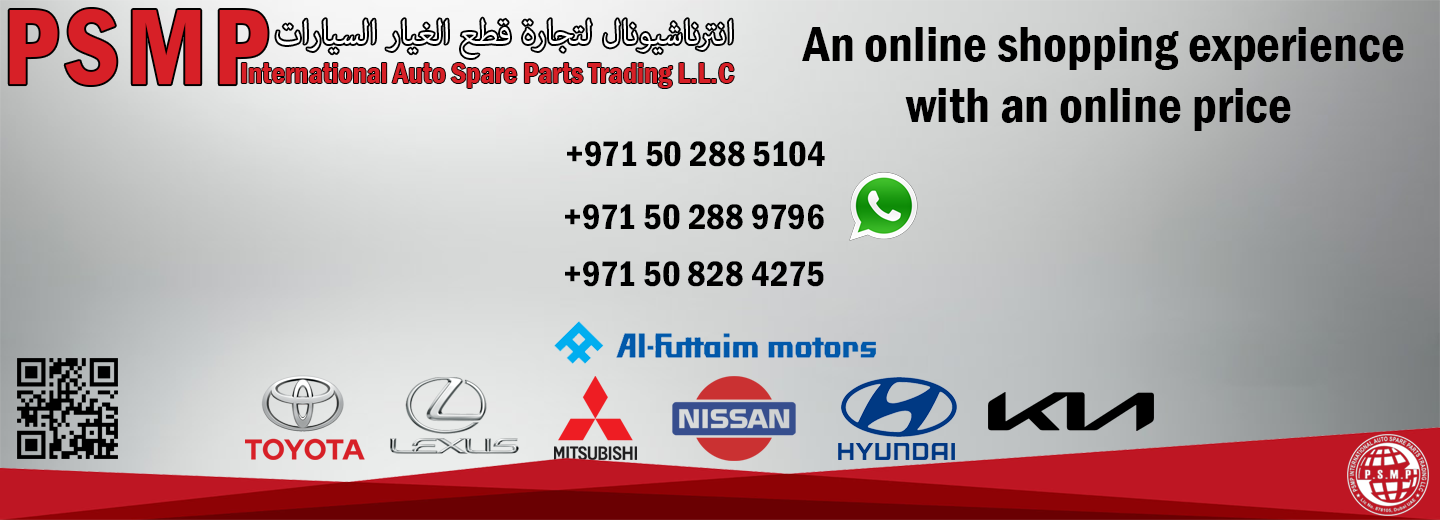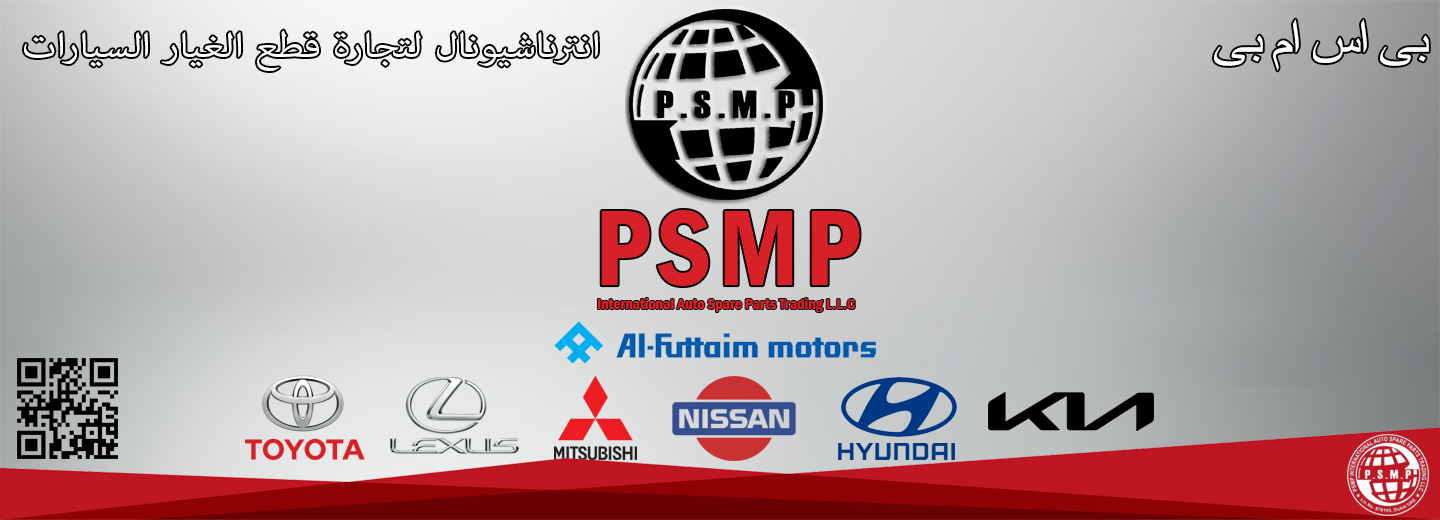
Brake Pads are a component of disk automotive brakes applications to convert the kinetic energy of the car to thermal energy by friction.
What Brake Pads are the best?
The answer here is P.S.M.Pjective. Only you know what you want out of your braking system. Some want more performance, some want less dust, etc... Every manufacturer that we carry is a 'class of the field' performance brake pad manufacturer. Our OEM Brake Pads are Low-metallic, Noise Free material & high performance quality in the Auto Spare Parts Market at all.
Brake pads convert the kinetic energy of the car to thermal energy by friction. Two brake pads are contained in the brake caliper with their friction surfaces facing the rotor.[1] When the brakes are hydraulically applied, the caliper clamps or squeezes the two pads together into the spinning rotor to slow/stop the vehicle. When a brake pad is heated by contact with a rotor, it transfers small amounts of friction material to the disc, turning it dull gray. The brake pad and disc (both now with friction material), then "stick" to each other, providing the friction that stops the vehicle. In disc brake applications, there are usually two brake pads per disc rotor, held in place and actuated by a caliper affixed to a wheel hub or suspension upright. Although almost all road-going vehicles have only two brake pads per caliper, racing calipers utilize up to six pads, with varying frictional properties in a staggered pattern for optimum performance. Depending on the properties of the material, disc wear rates may vary. The brake pads must usually be replaced regularly (depending on pad material), and most are equipped with a method of alerting the driver when this needs to take place. Some have a thin piece of soft metal that causes the brakes to squeal when the pads are too thin, while others have a soft metal tab embedded in the pad material that closes an electric circuit and lights a warning light when the brake pad gets thin. More expensive cars may use an electronic sensor.




 +971 4 265 5305
+971 4 265 5305